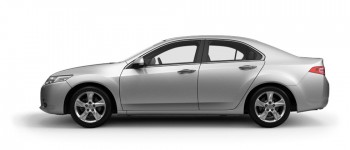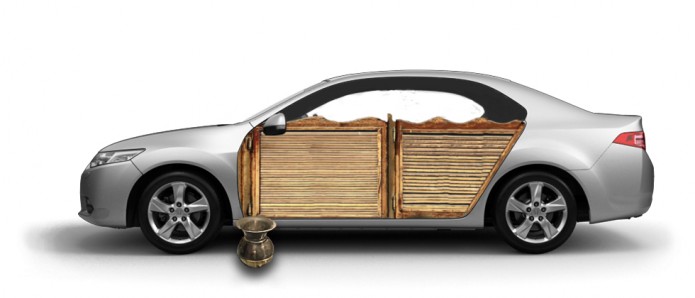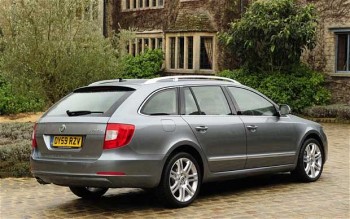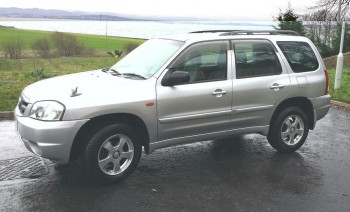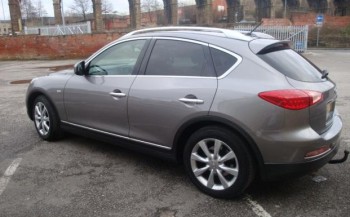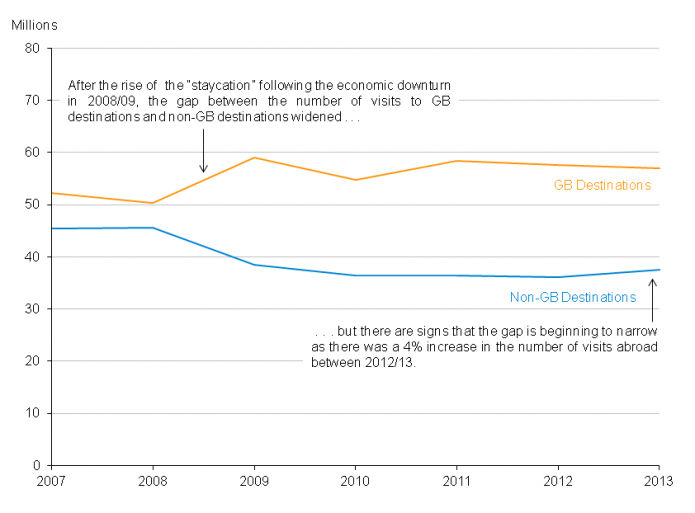As I mentioned, the lingo is slightly different here. In this entry, I’ll focus on the different classes of cars.
This is a sedan:
The Brits call it a saloon. Naturally, that always makes me think it should look like this:
One salesman actually used the word sedan with me recently, and it was so very refreshing – I hadn’t realized how much I’d missed it. Ah, the little things.
Also, this is a station wagon:
The Brits call it an estate. Makes it sound like a completely different beast, doesn’t it? After all, The Chatsworth Estate doesn’t quite have the same ring as The Chatsworth Station Wagon, for example. 😉
Car salesmen know what an SUV (Sports Utility Vehicle) is, and also talk about Crossovers and MPVs (Multi Purpose Vehicles), but I can’t see a difference between these three, myself. What’s really weird is that my friends are really clueless about what SUVs are when I mention them. Even describing them (as tall estates, for example) yields confusion. I’ve yet to figure out what SUVs are known as colloquially – but it’s okay; I only need to know how to communicate with the car salesmen (and women, if I ever find any), and I can do that.
| SUVs | ||
| MPVs | ||
| Crossovers | ||
Beyond these, there are the superminis, which are the tiny baby cars that haven’t yet grown up. 😉 There’s a brilliant bumper sticker on one red one I pass frequently that says, “When I grow up, I want to be a fire engine!” There are the small family cars, which are smaller than their American counterparts. There are the family cars, the compact executives, the executive cars, the luxury cars. Shrinking back down, we get the coupes, which the people who can’t pronounce fillet correctly suddenly decide needs to rhyme with the American fillet, so it’s ridiculously written as coupé and it’s even pronounced as two syllables. When I’m feeling particularly irritated at the process, I get the white out and obliterate the stupid accent mark from whatever magazine I’m reading. Lastly, convertibles get renamed cabriolets, just because that’s a fun word to say, I think.
Each car comes with about six to 24 different engine choices, and I’m learning lots in sussing out what all the mysterious acronyms mean. My determination to research and choose something I’m happy with bleeds into most decisions I make (consumer and otherwise) – and a car’s the second biggest purchase a person will ever make (unless they immigrate) – so this is a long process, not helped by the weather and other difficulties, but we’re hoping to be happy with it in the end!
Chris remains steadfastly against getting the Porsche, however. No matter how many times I tell him that all the models get top marks for reliability! 🙁

